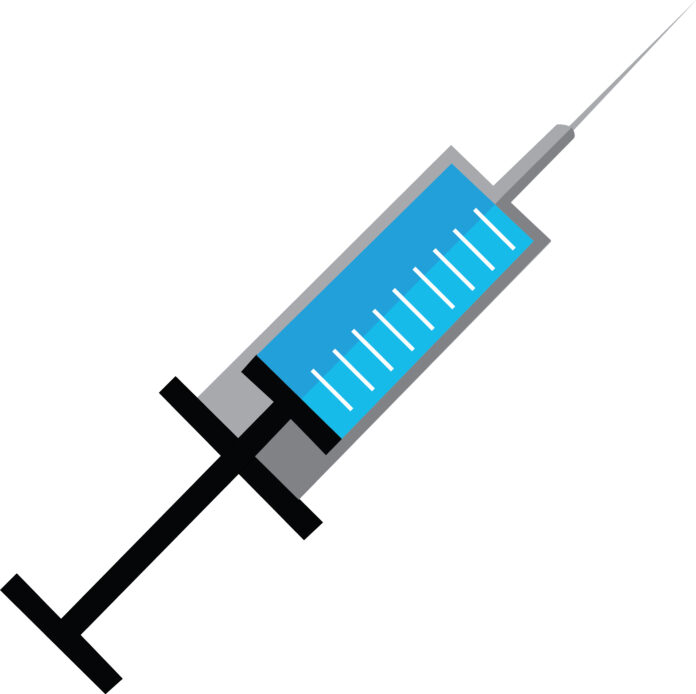Pfizer and Moderna recently announced their vaccine candidates, both reporting over 90 per cent effectiveness in preventing the COVID-19 virus. The announcement came days before Ontario entered its second full-scale lockdown as daily cases reached an all-time high of nearly 1600.
“It appears we now have two promising vaccine candidates. Both vaccines use engineered RNA, which is a new approach for vaccine development. Pfizer’s vaccine is the result of a partnership with German biotech company BioNTech. Moderna, an American biotech company, developed their vaccine together with the U.S. National Institutes of Health as part of the country’s Operation Warp Speed program,” Kelly Grindrod, a UW Professor who is Canada’s Pharmacist of the Year and an expert in vaccines, said.
While both vaccines claim to be highly effective against COVID-19, Professor Grindrod notes that a gamechanger difference between the two is the storage temperature levels needed to keep the vaccines functional.
“The Moderna vaccine […] does not appear to require the ultra-low temperatures to be stored that we heard about with the Pfizer vaccine. This bodes well for both vaccines as it suggests mRNA vaccines can be manufactured to be stable at normal vaccine storage temperatures,” Professor Grindrod said.
Pfizer’s vaccine needs to be stored at ultra-low temperatures of around -70 C, requiring specialized and expensive freezers. Alternatively, Moderna announced their vaccine remains stable for up to six months at a modest -20 C. This puts Moderna at an advantage — the vaccine can be serviced to rural and remote locations and developing countries where it would be difficult to store and transport the Pfizer alternative. According to the company’s press releases, every vaccinated person will require two doses of Moderna, three to four weeks apart.
Though both announcements appear promising, Professor Grindrod advises taking a cautious optimistic stance.
“The press releases shared that the vaccines are 90 to 95 percent effective, but we need to be careful and avoid committing to what is being termed ‘science by press release.’ Everyone is now waiting to see more traditional scientific papers or reports, which will help us understand how much is known and what we still need to know. However, these press releases are a glimmer of hope in an otherwise bleak time,” Professor Grindrod said.
While it may serve as a glimmer of hope for some, concerns around vaccine hesitancy are on the rise, as conspiracy theories and misinformation surround the vaccines’ announcement.
“I think that many people will have questions about the COVID vaccine – is it safe, who was it tested on, can it be given to children, seniors, individuals with diseases such as diabetes? How well we can answer these questions – and whether people are happy with the answers – may impact individuals’ willingness to get vaccinated,” Nancy Waite, UW Professor and Associate Director of Clinical Education, said.
As experts present more research and factual commentary, individuals will continue weighing the pros and cons of the vaccines — a process Professor Waite refers to as moving along the vaccine decision-making continuum, a term that she prefers over vaccine hesitancy, which implies an adverse decision.
Professor Grindrod anticipates that vaccinations will begin as early as 2021, where front-line workers will be the first ones to receive the dosages. Essential workers will most likely follow, then long-term care individuals, areas hit by the virus the hardest, then at large.
“The push right now is to have a broad definition of ‘front-line’ to make sure we include doctors, nurses, and pharmacists, but also those in low paid healthcare positions which have high infection rates, such as personal support workers, nursing aides, and hospital cleaning staff. By having a broad definition of ‘healthcare worker,’ the early vaccines would reach the hardest-hit communities first,” Professor Grindrod said.





























